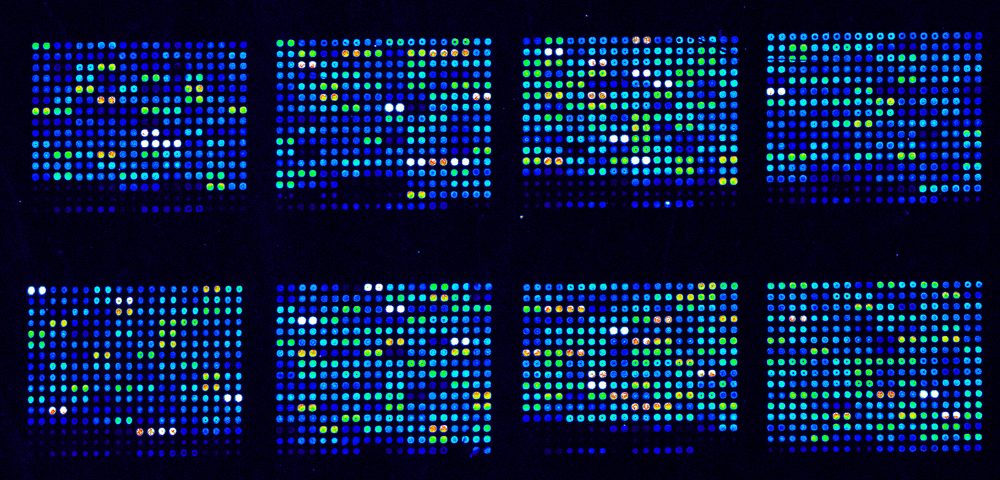Researchers identified genes and pathways involved in the development of benign prostatic hyperplasia (BPH), using a rat model for the disease. The study, “Molecular classification of benign prostatic hyperplasia: A gene expression profiling study in a rat model,” was published in the International Journal of Urology.
Researchers wanted to identify genes associated with disease pathogenesis in an established experimental BPH model rat. As such, they isolated fetal urogenital sinus (a structure present only during the development of the urinary and reproductive organs) from 20-day-old male rat embryo. The isolated tissue was implanted into a pubertal male rat ventral prostate. With time the implanted urogenital sinus grew, and researchers detected pathological features at three weeks after implantation, including epithelial hyperplasia and stromal hyperplasia.
Through microarray analysis of prostate specimens retrieved during the prostate growth process (three weeks after implantation), the team found 926 upregulated and 3,217 downregulated genes in BPH samples, when compared to normal prostate. The team clustered the newly identified genes according to their cellular functions and signaling pathways, observing that upregulated genes in BPH were mostly associated with development (162 genes), response to stimulus (163 genes) and growth (32 genes).
To identify BPH-specific genes, the team used as controls both normal prostate and non-transplanted urogenital sinuses, and found 507 and 406 genes as BPH-specific upregulated and downregulated, respectively. Among activated BPH genes, those associated with apoptosis modulation by heat shock protein 70 and secretin-like GPCRs class B were seen as potentially important for the development and growth of the prostate in the BPH rat model. Other pathways included B-cell signaling pathway, p38 MAPK signaling pathway, eicosanoid synthesis, statin pathway, complement activation classical pathway, oxidative stress, and protease degradation. Downregulated genes included those involved in cholesterol biosynthesis.
The molecular profiling and classification of the BPH rat model identified candidate genes and pathways potentially relevant for BPH pathogenesis. Further studies are now required to evaluate the contribution of these identified genes and pathways to disease development and progression, which may lead to novel molecular-targeted therapies for BPH.

